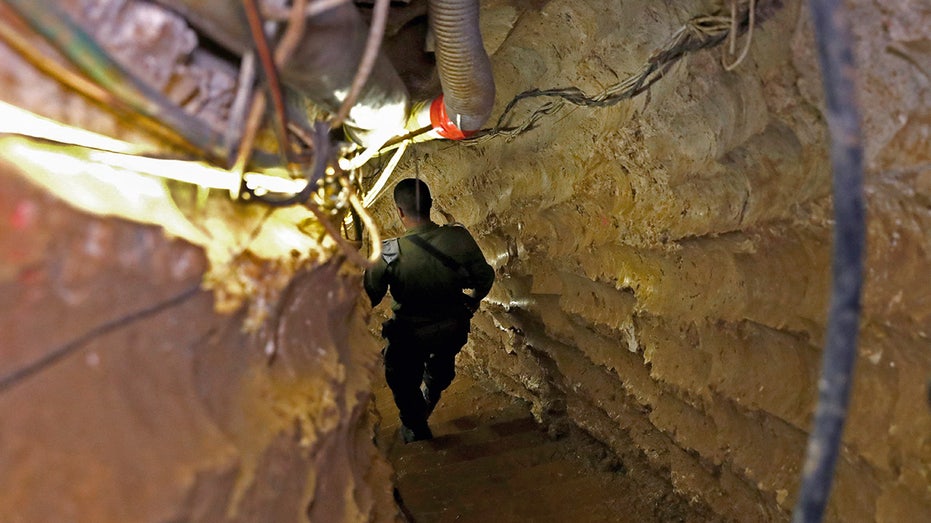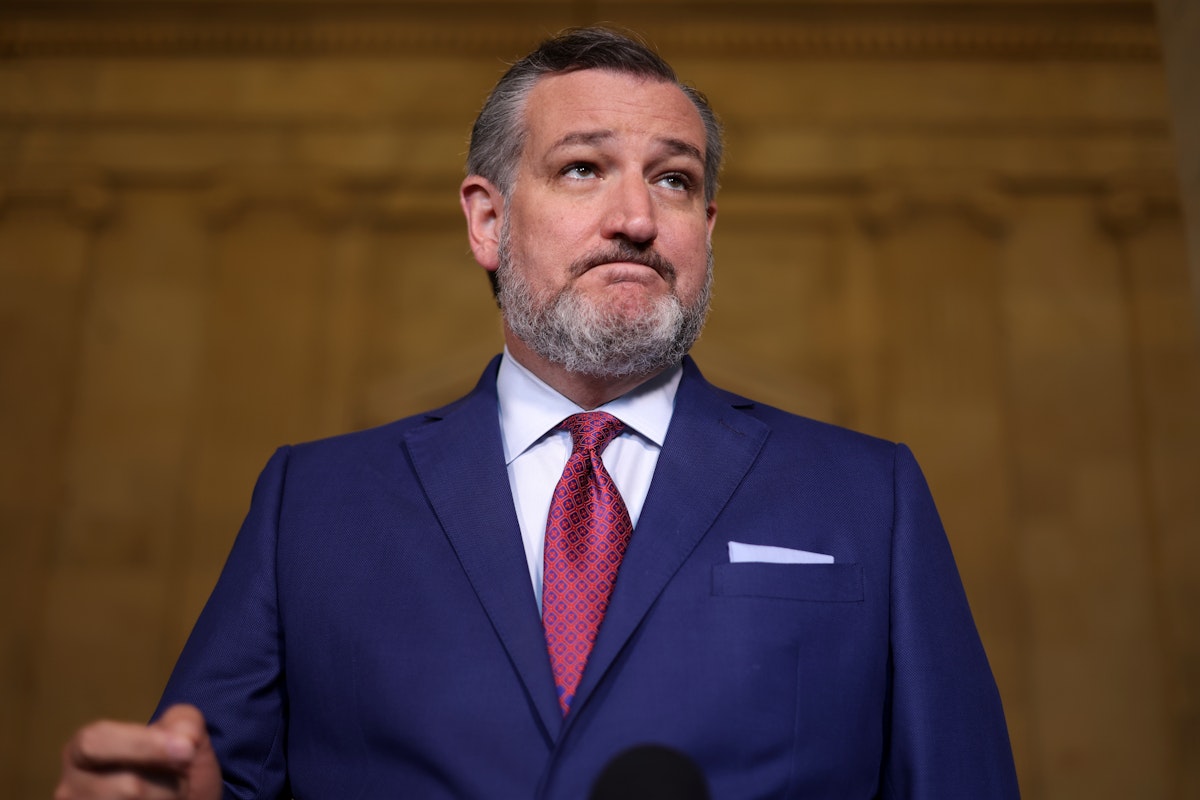Amy Coney Barrett Rips Supreme Court’s Absurd January 6 Ruling
Justice Amy Coney Barrett broke ranks with the conservative majority on the Supreme Court Friday, leveraging strong words against her colleagues for their interpretation of Fischer v. United States. After the court ruled 6–3 that the Justice Department overstepped in charging hundreds of January 6 rioters with obstruction, the Trump-appointed conservative judge used her dissenting opinion to tear apart the decision that would narrow all future obstruction charges, including potentially Trump’s.Noting that the court didn’t dispute the details of the case—namely that Congress’s joint session was an “official proceeding,” that the rioters delayed the proceeding, and that Joseph Fischer’s trespassing and brush-up with law enforcement during the ordeal was “part of a successful effort to forcibly halt the certification of the election results”—Barrett questioned why the court would question the “open and shut” obstruction case.“Because it simply cannot believe that Congress meant what it said,” she wrote, continuing to explain that the legal code for charging Fischer was a “very broad provision” and that, “admittedly, events like January 6th were not its target. (Who could blame Congress for that failure of imagination?)“But statutes often go further than the problem that inspired them, and under the rules of statutory interpretation, we stick to the text anyway,” Barrett wrote. “The Court, abandoning that approach, does textual backflips to find some way—any way—to narrow the reach of subsection (c)(2),” referring to part of the statute used to charge Fischer for his actions on January 6.In doing so, the court “failed to respect the prerogatives of the political branches” to punish illegal conduct that occurred on January 6, according to Barrett.The high court’s immunity decision is scheduled to be released on Monday. Given her strong words for the court on failing to recognize the obstruction case, Barrett does not seem like she’ll be saddling up in favor of Trump’s immunity argument anytime soon.

Justice Amy Coney Barrett broke ranks with the conservative majority on the Supreme Court Friday, leveraging strong words against her colleagues for their interpretation of Fischer v. United States. After the court ruled 6–3 that the Justice Department overstepped in charging hundreds of January 6 rioters with obstruction, the Trump-appointed conservative judge used her dissenting opinion to tear apart the decision that would narrow all future obstruction charges, including potentially Trump’s.
Noting that the court didn’t dispute the details of the case—namely that Congress’s joint session was an “official proceeding,” that the rioters delayed the proceeding, and that Joseph Fischer’s trespassing and brush-up with law enforcement during the ordeal was “part of a successful effort to forcibly halt the certification of the election results”—Barrett questioned why the court would question the “open and shut” obstruction case.
“Because it simply cannot believe that Congress meant what it said,” she wrote, continuing to explain that the legal code for charging Fischer was a “very broad provision” and that, “admittedly, events like January 6th were not its target. (Who could blame Congress for that failure of imagination?)
“But statutes often go further than the problem that inspired them, and under the rules of statutory interpretation, we stick to the text anyway,” Barrett wrote. “The Court, abandoning that approach, does textual backflips to find some way—any way—to narrow the reach of subsection (c)(2),” referring to part of the statute used to charge Fischer for his actions on January 6.
In doing so, the court “failed to respect the prerogatives of the political branches” to punish illegal conduct that occurred on January 6, according to Barrett.
The high court’s immunity decision is scheduled to be released on Monday. Given her strong words for the court on failing to recognize the obstruction case, Barrett does not seem like she’ll be saddling up in favor of Trump’s immunity argument anytime soon.



